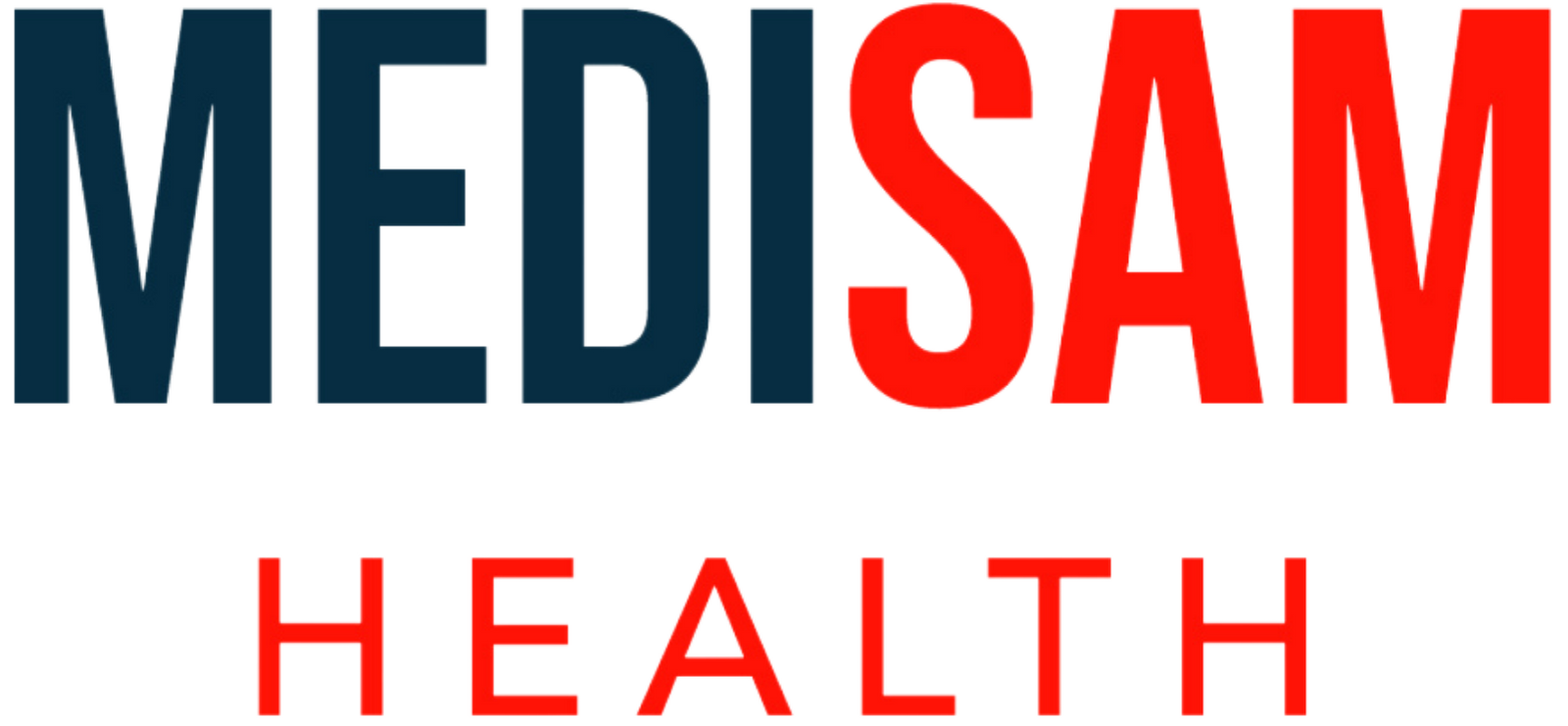Frequently Asked Questions
What are the symptoms of a heart attack?
Symptoms of a heart attack include chest pain, shortness of breath, cold sweats, nausea and dizziness. People who experience these symptoms should seek medical attention immediately.
How can I prevent heart disease?
Adopting a healthy lifestyle, exercising regularly, eating a balanced diet, avoiding smoking and drinking alcohol, avoiding stress and having regular health checks are effective in preventing heart disease.
Which tests should be performed for heart health?
During routine check-ups, tests such as ECG, blood tests, blood pressure measurements and, if necessary, echocardiography can be performed. Your doctor will decide which tests should be done depending on your health condition.

